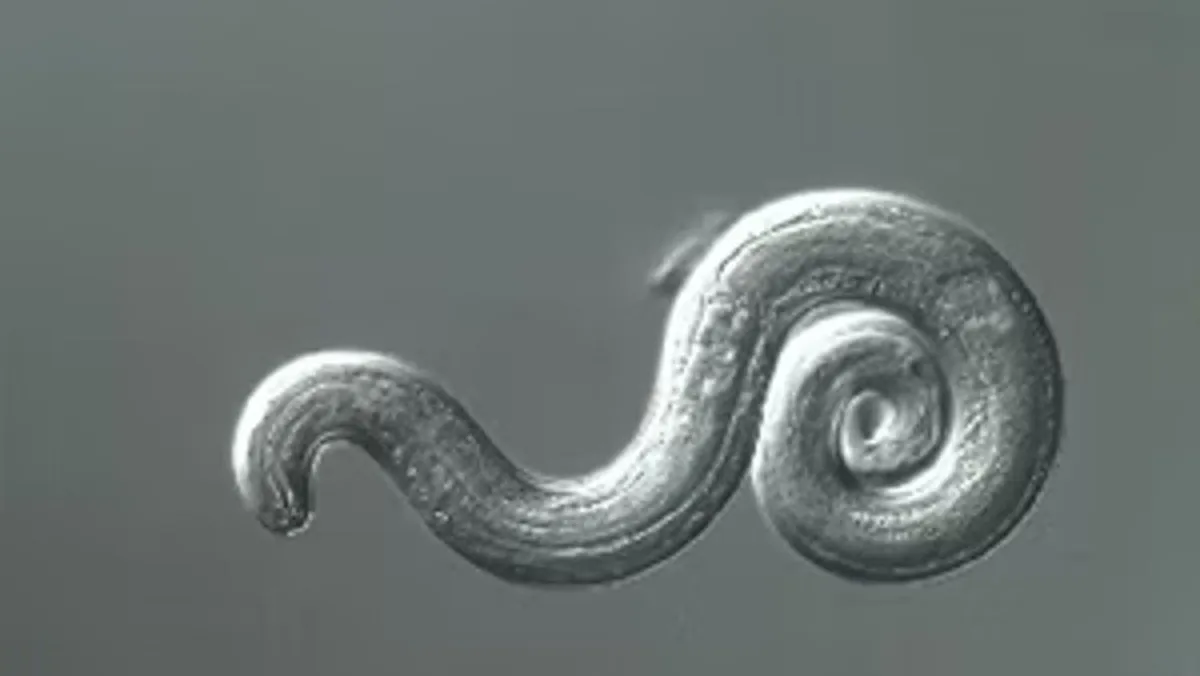
A 30-year-old woman from New England experienced a puzzling and painful burning sensation in her legs, which was later discovered to be caused by a parasite invading her brain. This unusual medical case has been detailed in a report published on February 13 in The New England Journal of Medicine.
The initial symptoms included a strange burning sensation in her feet that gradually spread up her legs. The affected areas became extremely sensitive, even to the slightest touch. Despite experiencing fatigue, she assumed it was due to jet lag following a three-week trip to Thailand, Japan, and Hawaii.
Concerned about the sensations in her legs, she visited an emergency department. However, her exams returned normal results, leading to her discharge. Days later, the sensations extended to her trunk and arms, accompanied by a headache. At a second emergency visit, her exams were again normal, except for an elevated immune-cell count. While medication alleviated her headache, her symptoms persisted.
After a week of enduring these symptoms, the woman developed confusion, prompting another hospital visit. Despite normal blood tests and kidney function, a microscopic examination revealed high levels of eosinophils, a type of white blood cell that fights off parasites. A lumbar puncture revealed a high eosinophil count in her cerebrospinal fluid, indicating eosinophilic meningitis, a rare inflammation often caused by parasites.
The medical team identified the cause as rat lungworm (Angiostrongylus cantonensis), a parasite common in tropical and subtropical regions, including Hawaii. Although the parasite wasn't found in her blood, genetic traces were detected in her cerebrospinal fluid.
The rat lungworm's life cycle involves rodents as primary hosts, with larvae passed through feces and consumed by slugs and snails. These infected mollusks can transmit the parasite to humans if consumed raw or undercooked, or if their slime contaminates raw vegetables. Shellfish, such as land crabs and freshwater prawns, may also become contaminated.
According to the U.S. Centers for Disease Control and Prevention (CDC), not everyone who ingests A. cantonensis will experience symptoms. However, the larvae can migrate to the host's central nervous system, reaching the brain and triggering symptoms like headaches, stiff neck, vomiting, confusion, and burning sensations. In severe cases, seizures and vision problems may occur.
Although many infections resolve as the parasites die off, supportive treatments, including painkillers and anti-inflammatories, are often used. In this case, the woman received a 14-day course of antiparasitic medication and a steroid to reduce inflammation. She was discharged from the hospital after six days of treatment.